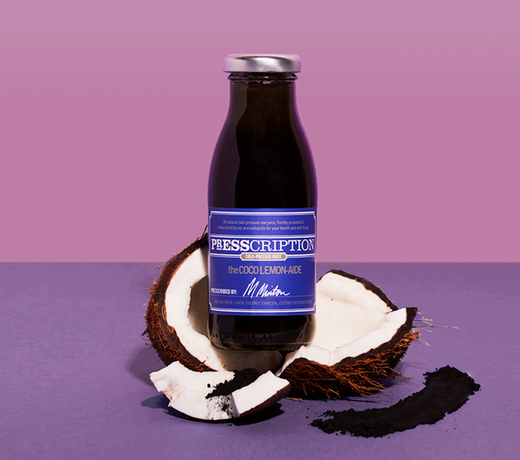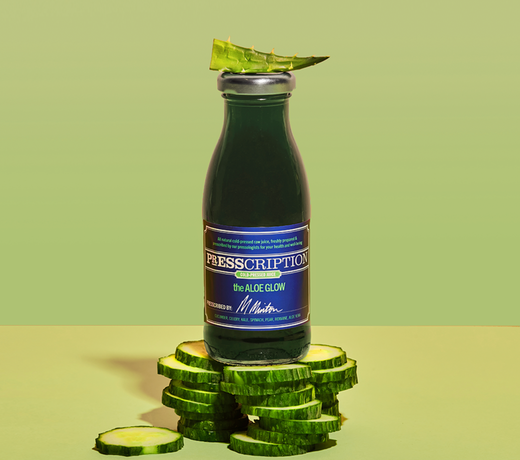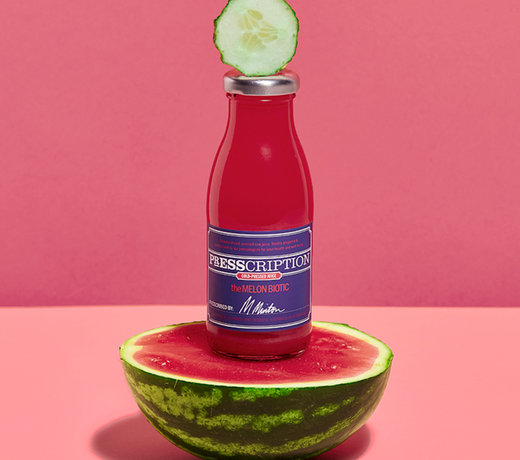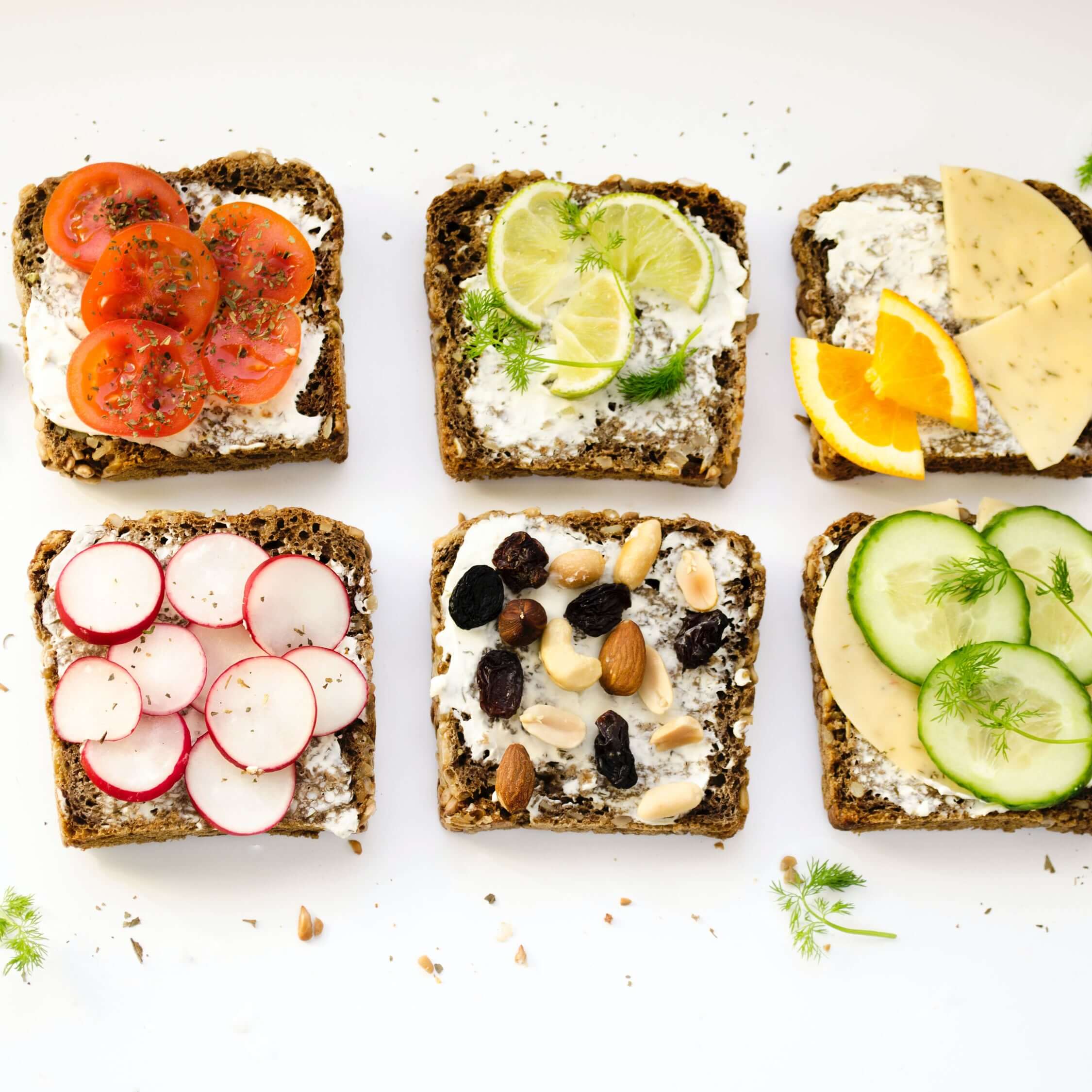What is Gut Dysbiosis?
Welcome back to another edition of me geeking out over functional medicine and telling you all about it, otherwise known as: The Presscription Blog. This week I want to talk about ‘gut dysbiosis.’ Have you heard of it? What do you think it means? Does it sound weird and scary?
Dysbiosis, in the sense of gut bacteria, has come to be associated with fundamentally bad connotations, and the Greek translation would certainly have us believe that, but I actually disagree. Let me explain why…
What is Gut Dysbiosis?
Inside our gut, as I’m sure you well know, we have about 100 trillion bacteria, yeats fungi and protozoa (both good and bad) that collectively make up what’s known as our gut microbiome. We also know that our gut is the primary site of immune activity (hence why I’ve waxed lyrical about how important it is to look after your gut health since Covid).
Essentially, our gut microbiome is increasingly becoming the system within our bodies to optimise if what we seek is optimum health, longevity, increased energy and happiness. Incorporating a probiotic drink can be a simple yet effective way to support this system and mitigate the effects of dysbiosis. But with modern lifestyles of stress, overly processed and monotonous food consumption and a trigger happy attitude towards antibiotics, a very large proportion of us have put the health of our bodies at risk by disrupting the levels of bacteria in our gut. Dysbiosis results when we inadvertently tip the balance of bacterial in favour of the bad guys, the ill-health promoting bacteria, rather than the health promoting guys (types like the friendly lactobacillus acidophilus that you’ll see heralded the back of every yoghurt carton).
Symptoms Related to Gut Dysbiosis
This list is not extensive, since an issue with your gut health can essentially impact us all in different ways and be apparent in pretty much every system of the body:
- Brain fog, forgetfulness, anxiety, depression (remember, your gut is linked to your brain via the gut brain axis - so your diet has a direct impact on your brain health)
- Skin reactions ranging from hives, eczema and psoriasis to rosacea and urticaria
- Allergies and allergic reactions to foods, pollen, dust etc
- Sluggish liver function and poor detoxification leading to an overall feeling of tiredness and dis-ease
- Fatigue and chronic fatigue
- Autoimmune conditions
Given that that list is not extensive, but pretty terrifying anyway, it’s about time we all sorted out our gut imbalances. But, here’s the thing - I don’t actually believe in the term ‘dysbiosis.’ True, it’s a convenient way of explaining that there’s something happening within the gut that is sub-optimal, but it doesn’t take into account the fact that we have no way of knowing what is normal for each and every one of us. Maybe normal for one person tends towards what could be called dysbiotic in another?
Ultimately, good gut health comes down to creating and sustaining an individualised approach to health that is optimal for you. Many people find that a gut cleanse can be a beneficial first step in addressing digestive symptoms and restoring balance. The first thing I do with most patients presenting with digestive symptoms is a stool test, because it’s really the only way to know what’s going on, but there are things you can do if you suspect you have gut ‘dysbiosis.’
Ways to support your gut and help correct dysbiosis
1. Chew your food. Probably the most simple instruction I can give, but absolutely 100% the most important. Nothing else (I repeat, nothing else) lower down in the digestive tract will function optimally if you have large molecules of undigested protein getting to places they shouldn't be.
2. Diversity of diet. Please, please, please do not eat the same meals every single day. Basically your gut health’s nemesis is that meal prep you did last week where you made the same dish and then put it into 6 different tupperwares. Additionally, incorporating a press juice cleanse can provide added support to nourish and reset your gut naturally.
3. Abundance. Abundance of nutrients and plant chemicals that come in via all the different coloured plants we consume. Eat every colour of the rainbow every single day, and, if you don’t like orange foods (eg sweet potato, carrots etc), then supplement it.
4. Eat fermented foods if you tolerate them
5. Fast occasionally. No, it’s not a fad, it’s actually good for you.
And that’s it from me this week. I hope you’ve enjoyed learning about dysbiosis. If you’d like further information, or to book a consultation with me, don’t hesitate to get in touch.
"I tried the gut cleanse as I was desperate to alleviate the bloating and cramping in my digestive system after a flare up of inflammatory bowel disease. I am so glad that I did., after day 1 my stomach was flat and gone was the bloating. I hadn’t felt this comfortable in weeks. The juices themselves are easy to drink with guidelines to keep you going throughout the cleanse and after 3 days my insides felt amazing. A few weeks after I’m still noticing how good my skin and hair looks. I will definitely be doing this on a regular basis. I haven’t found any other juice programme that is as clean as this - no preservatives."
 Why Presscription?
Why Presscription? Why Cleanse?
Why Cleanse? Cleansing Tips
Cleansing Tips What's Pressing?
What's Pressing?


